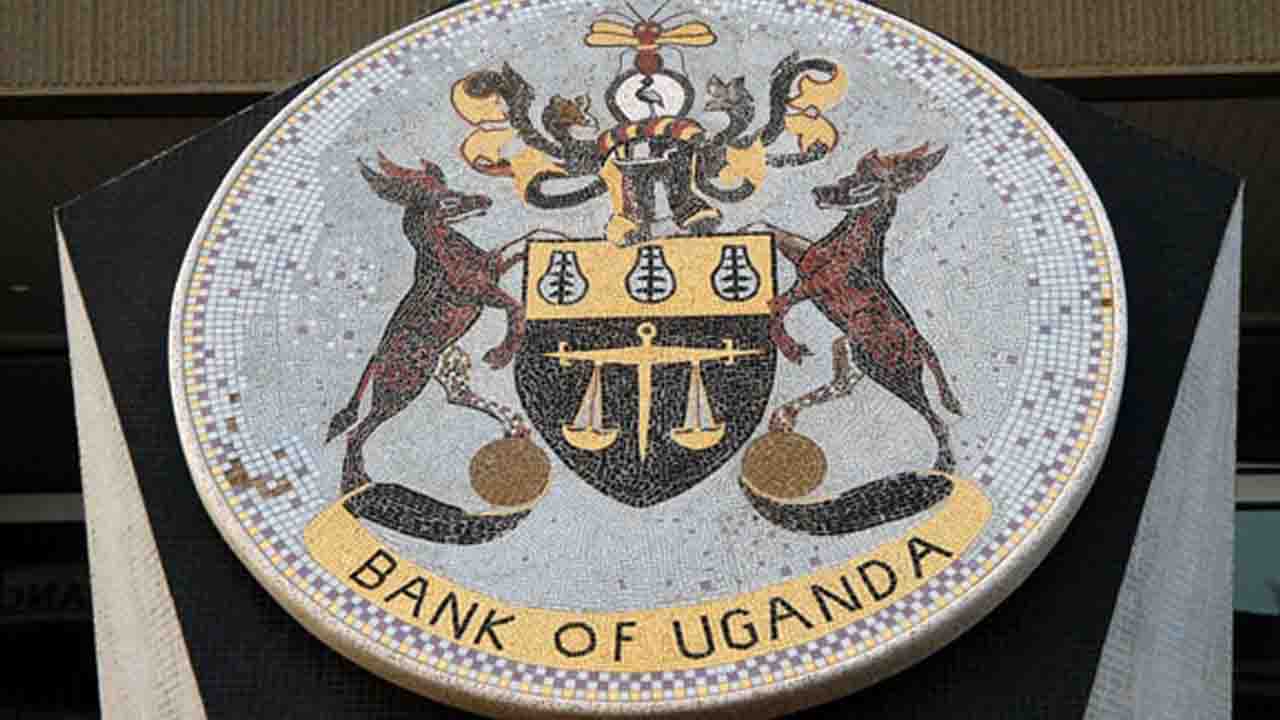Twenty-four (24) years, after Bank of Uganda, seized and sold the assets of the Co-operative Bank, the mystery of the ownership of the bank that was sold remains unresolved. This…
THE 24-YEAR UNSOLVED QUESTION: Did Bank of Uganda seize and sell the assets of the wrong Co-operative Bank?


